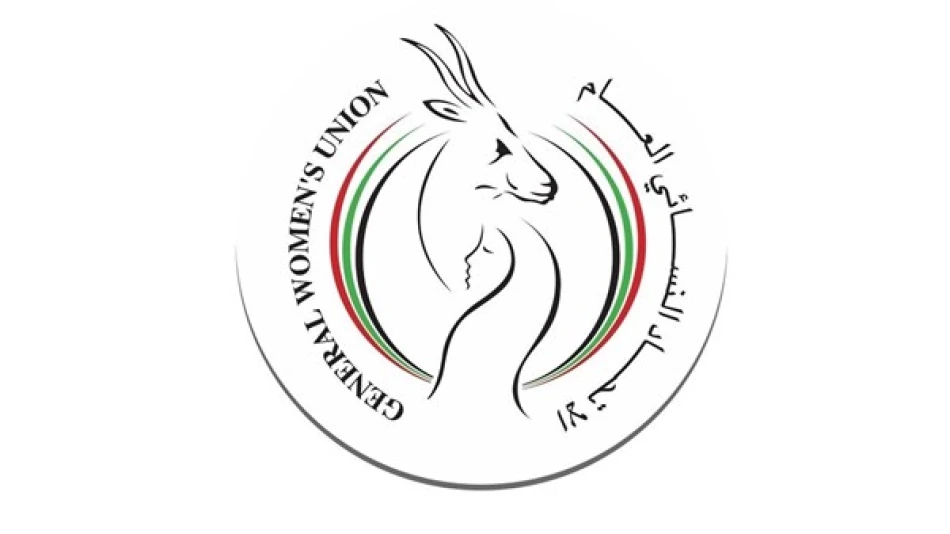
Empowering Angolan Women: General Women's Union Signs MoU with Ministry of Social Affairs
UAE and Angola Forge Strategic Women's Empowerment Partnership in High-Level Diplomatic Push
The UAE has signed a comprehensive memorandum of understanding with Angola to advance women's empowerment across multiple sectors, marking a significant expansion of the Emirates' soft power diplomacy in Africa. The agreement, formalized during President Sheikh Mohamed bin Zayed Al Nahyan's state visit to Angola, positions the UAE as a key partner in Angola's economic diversification efforts while strengthening bilateral ties between the oil-rich nations.
Strategic Timing Amid Africa's Economic Transformation
The partnership comes as Angola, Africa's second-largest oil producer, seeks to diversify its economy beyond petroleum exports. With women comprising nearly 52% of Angola's population, their economic participation becomes crucial for the country's development ambitions. The UAE's involvement signals a strategic bet on Angola's potential, particularly as Chinese influence in the region faces growing scrutiny.
The agreement was signed by Ana Paula do Sacramento Nino, Angola's Minister of Social Work, Family and Women's Promotion, and Noura Khalifa Al Suwaidi, Secretary-General of the UAE's General Women's Union. The collaboration spans education, science, economics, health, and environmental initiatives, with particular emphasis on women's professional development and entrepreneurship.
UAE's Expanding African Footprint
This partnership reflects the UAE's broader African strategy, building on successful models established in countries like Rwanda and Kenya. Unlike traditional aid-based approaches, the UAE's framework emphasizes knowledge transfer and sustainable capacity building, positioning it as a more attractive partner than purely extractive relationships.
The timing is particularly strategic as Angola emerges from years of economic challenges. The country's GDP growth recovered to 3% in 2023, and President João Lourenço's administration has prioritized gender equality as part of its National Development Plan 2023-2027.
Lessons from Regional Success Stories
The UAE's approach mirrors successful women's empowerment initiatives it has supported across the Middle East and Africa. In Rwanda, similar partnerships contributed to the country achieving the world's highest percentage of women in parliament. The UAE's model combines financial inclusion, digital literacy, and entrepreneurship training – areas where Angola shows significant potential given its young, increasingly connected population.
Economic Implications and Investment Opportunities
For investors and development organizations, this partnership signals several opportunities. Angola's focus on women's economic participation could unlock substantial productivity gains – the McKinsey Global Institute estimates that advancing women's equality could add $12 trillion to global GDP by 2025.
The collaboration's emphasis on science and technology sectors aligns with Angola's digital transformation goals. With mobile penetration exceeding 50% and growing fintech adoption, women-focused financial inclusion programs could accelerate economic growth while creating new market opportunities for UAE-based companies.
Regional Competitive Dynamics
This move positions the UAE ahead of regional competitors like Saudi Arabia and Qatar in Africa's development landscape. While Saudi Arabia focuses primarily on infrastructure investments through its Public Investment Fund, the UAE's emphasis on human capital development and women's empowerment creates deeper, more sustainable partnerships.
Implementation Challenges and Success Factors
The partnership's success will largely depend on implementation mechanisms and local adaptation. Angola's bureaucratic challenges and infrastructure limitations could slow program rollout, but the high-level political backing from both presidents suggests strong institutional support.
Critical success factors include: establishing clear performance metrics, ensuring local ownership of programs, and adapting UAE models to Angola's cultural and economic context. The involvement of Sheikha Fatima bint Mubarak, known as the "Mother of the Emirates," provides significant institutional weight and continuity.
This partnership represents more than diplomatic symbolism – it's a calculated investment in Africa's economic future, with women's empowerment as both the means and the end. As global development priorities shift toward sustainable and inclusive growth, the UAE-Angola model could become a template for South-South cooperation in the 21st century.
Most Viewed News

 Layla Al Mansoori
Layla Al Mansoori






